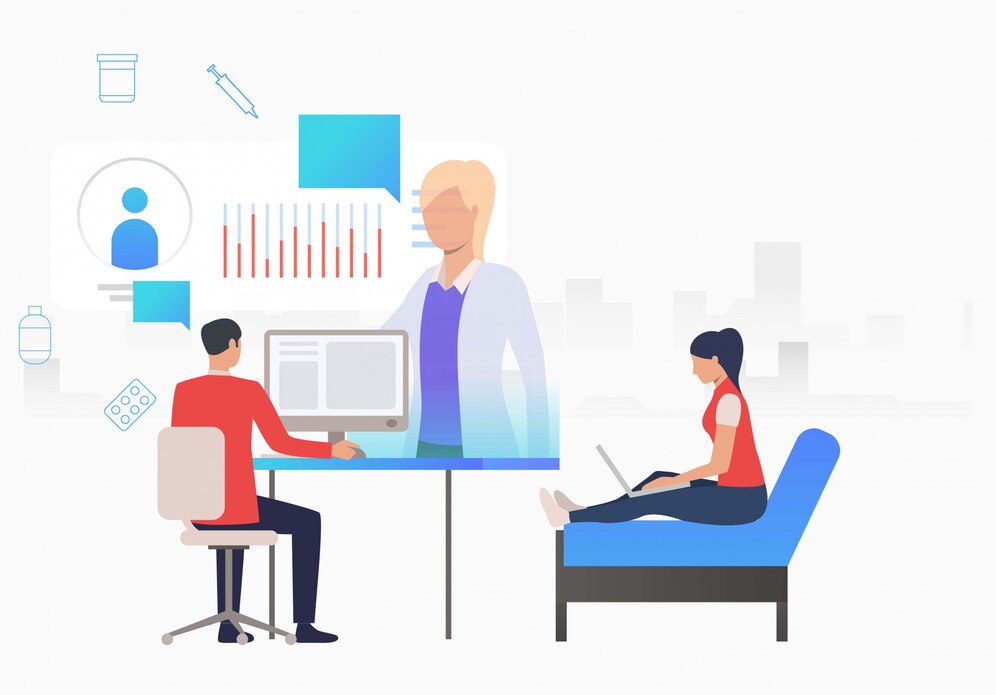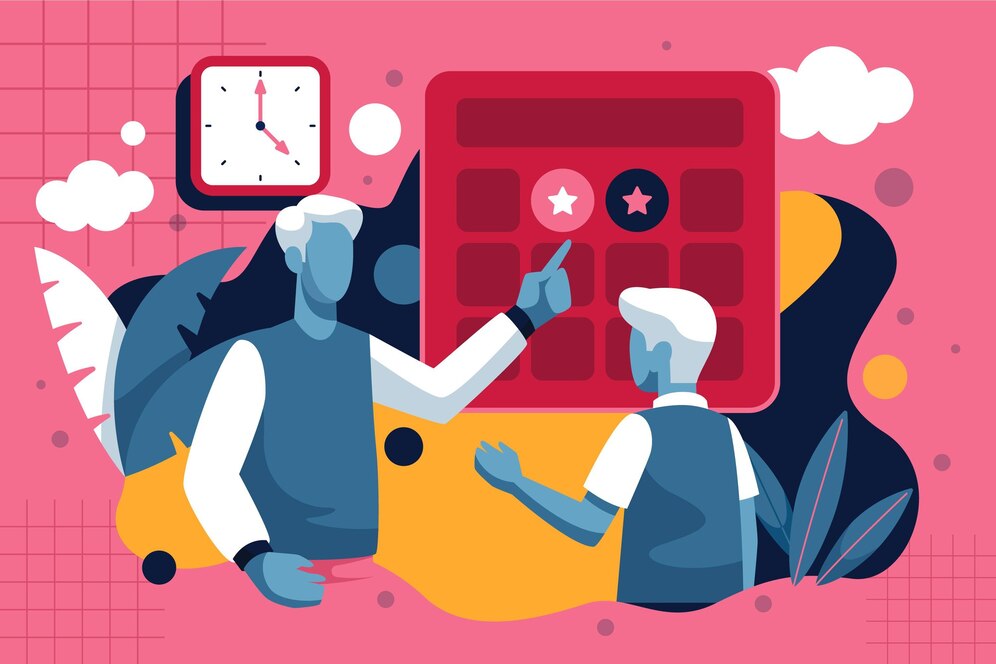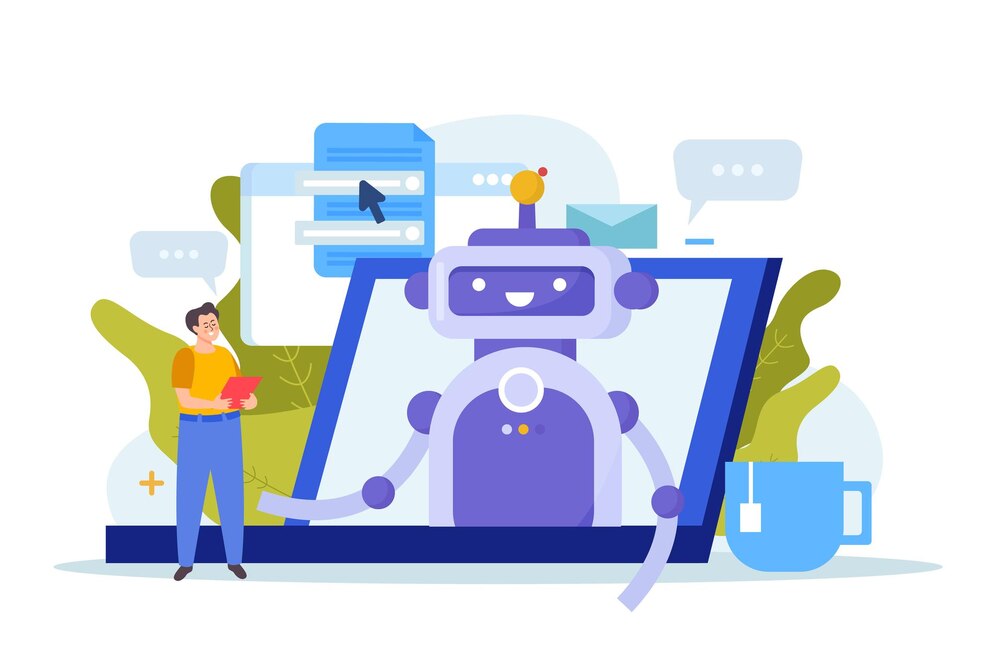In today’s competitive job market, organizations strive to build diverse and inclusive teams. However, traditional hiring processes often inadvertently perpetuate biases, leading to unfair evaluations and missed opportunities for qualified candidates. Artificial Intelligence (AI), when implemented thoughtfully, can serve as a powerful tool to mitigate these biases and promote equitable hiring practices.
The Role of AI in Mitigating Hiring Bias
AI, particularly AI interview copilots, can help standardize the hiring process by:
Automating Resume Screening: AI systems can analyze resumes based on predefined criteria, reducing human error and bias.
Structured Interviewing: AI can guide interviewers with consistent questions, ensuring all candidates are evaluated on the same parameters.
Real-Time Feedback: Providing interviewers with instant insights can help them recognize and correct potential biases during the interview process.
Platforms like Interviewer Copilot exemplify how AI can assist in creating a more objective and fair hiring environment.
Best Practices for Implementing AI in Hiring
To effectively leverage AI in reducing hiring bias, organizations should:Define Clear Evaluation Criteria: Establish objective metrics for assessing candidates.
Train AI Systems on Diverse Data: Ensure AI models are trained on data that reflects a wide range of backgrounds and experiences.
Combine AI with Human Judgment: Use AI insights to inform, not replace, human decision-making.
Regularly Audit AI Systems: Conduct periodic reviews to identify and address any emerging biases.
Integrating AI into the hiring process offers a promising avenue to reduce bias and promote fairness. By combining AI’s analytical capabilities with human empathy and oversight, organizations can create a hiring process that is both efficient and equitable.



